
views
In this article, we will reveal top 10 signs that you and your partner should seek pre-wedding counselling.
You’ve noticed the spark fading in your relationship lately. The passion you once had seems to have fizzled out. You and your partner argue more than you talk. Intimacy has become infrequent or feels forced. If several aspects of your relationship seem disconnected or tense, it may be time to seek help through marriage counselling. Don’t ignore the red flags or think things will just get better on their own. Recognising when your marriage needs repair and being proactive shows maturity. Take the first step and read on to learn the top 10 signs you and your partner should seek pre-wedding counselling.
- Lack of Physical Intimacy: It’s normal for intimacy and affection to ebb and flow in a long-term relationship. But if you and your partner rarely kiss, hug, hold hands or say “I love you,” it could signal deeper issues. When was the last time you were physically intimate with your partner? If it’s been months, that’s usually a red flag. Sex releases oxytocin, the “love hormone,” which strengthens emotional and social bonding between partners. Without that connection, feelings of love and closeness start to fade.
- Loss of emotional connection: Feeling detached from your partner or like you’ve “fallen out of love” can be deeply painful. But emotional connections can be rebuilt with effort and commitment to the relationship. A counsellor will help you rediscover what first brought you together, improve emotional intimacy, and reignite the spark.
- Less quality time: Maybe life has gotten busy and you’re spending less quality time together. Try setting aside time each week for a date night. Cook a meal together, go out for drinks, see a movie, or do an activity you both enjoy. Making the time to connect and engage with each other without distractions can help rekindle your emotional and physical intimacy.
- You’ve stopped really talking: Maybe you’ve stopped sharing details about your day, your hopes, your struggles or you’ve lost the ability to openly share your thoughts, feelings and desires with your partner. Poor communication and lack of emotional intimacy often go hand in hand. Make an effort to really listen to your partner and be vulnerable in sharing your own hopes, fears and dreams. Compromise when you disagree and find ways to support each other through challenges.
- Fights feel more heated: Arguments are normal in any relationship, but if your fights have become more frequent or intense, it’s a red flag. Yelling, name calling, dredging up past issues—these are damaging behaviours. A counsellor can teach you conflict resolution techniques to have healthier disagreements. They can also help address any underlying issues fuelling the fighting.
- You avoid difficult topics: It’s common for couples to avoid discussing tricky issues to keep the peace. But avoidance only makes problems worse in the long run. If there are topics you and your partner tiptoe around, a counsellor can facilitate open and honest conversation. They provide a neutral and supportive environment to work through challenging discussions.
- Betrayal of Trust: Lack of trust and cheating are major signs that your marriage needs professional help. When trust is broken in a relationship, it can be difficult to rebuild. You may find yourself constantly doubting your partner, checking up on them, and worrying when you’re apart. A marriage counsellor can help determine why the trust was broken in the first place and what steps are needed to start restoring it. They can also provide coping strategies for overcoming feelings of hurt and betrayal.
- Unresolved anger or resentment: Harbouring anger and resentment creates a toxic environment and eats away at the foundation of a healthy relationship. If hurtful events from the past continue to negatively impact your marriage today, counselling can be profoundly helpful. A counsellor will give you tools to work through painful issues together and find forgiveness.
- Conflicting values: The values and morals you hold can shape your outlook on life and what you consider most important. If you and your partner have very different value systems, it can lead to frequent arguments, hurt feelings, and resentment. For example, if you value ambition and career success highly but your partner prioritizes family and leisure time, this difference could spark tension in your relationship. A counsellor can also suggest ways to be more understanding and respectful of each other’s values. They may recommend setting shared goals and priorities as a couple to strengthen your connection despite any differences.
- Wanting different things: When you and your partner have very different hopes, dreams or expectations for the future, it puts strain on the relationship. Perhaps you want to travel the world together in retirement but your partner wants to settle down in one place. Or maybe you’re eager to have children but your partner isn’t sure they want to be a parent. These types of life goal differences often don’t go away on their own and counselling can help you work through them. With the support of a counsellor, you can discuss your life goals openly and honestly.
Don’t lose hope, many relationships go through periods of difficulty, but with hard work and professional support, you can get back on track. Don’t feel bad or weak if you recognise some of these issues in your own relationship. All couples go through rough patches, but the strongest ones are willing to put in the hard work to get through them together. Seeking counselling doesn’t mean your relationship is doomed — it means you’re both committed to making it thrive again.
With some open and honest communication, compromise, and effort on both your parts, you can find your way back to each other again. And just think — you’ll emerge from this challenge stronger and closer than ever! The best thing you can do right now is take that first step. Wishing you all the best!










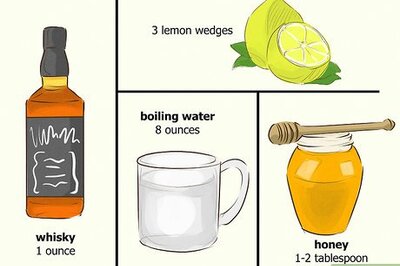
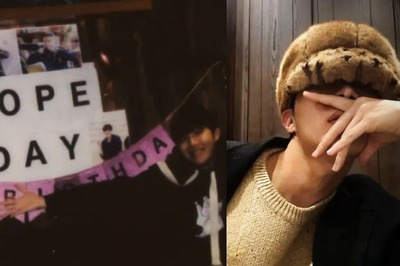
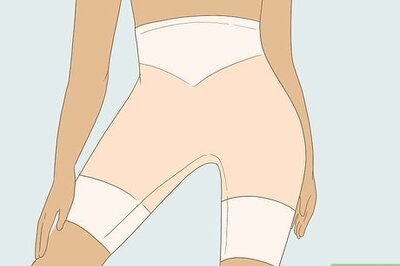
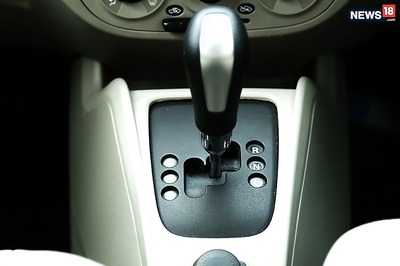



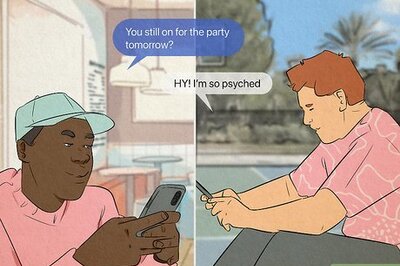


Comments
0 comment